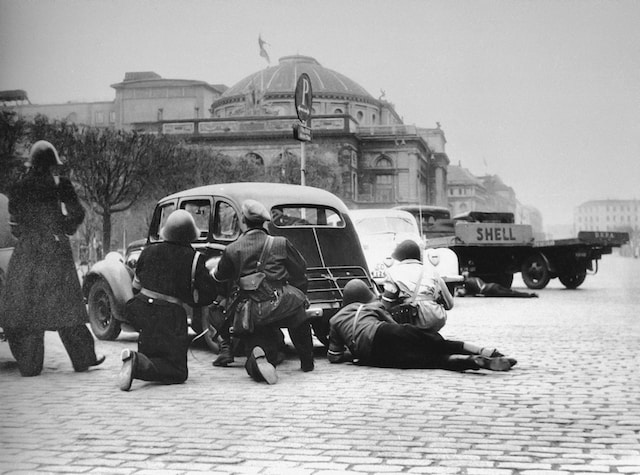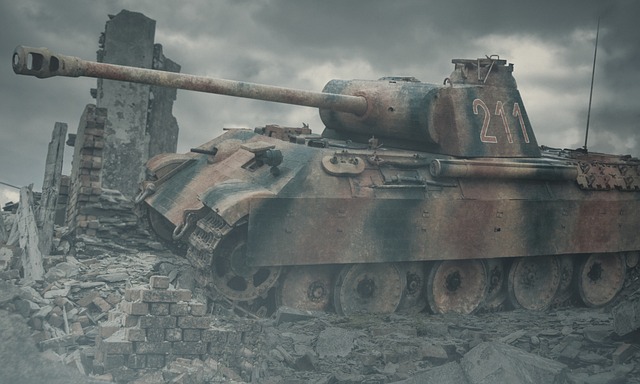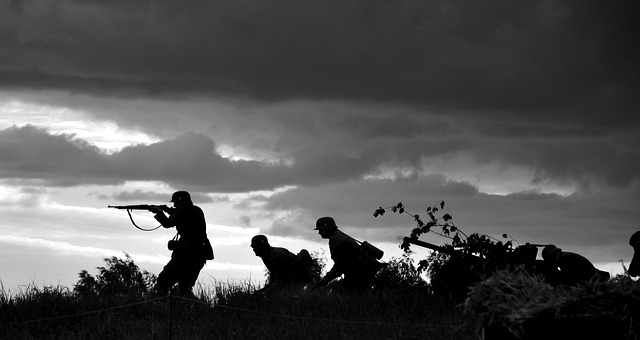War, as one of the most destructive and terrible phenomena of human history, always raises questions of ethics and morality. Military conflicts are a complex mix of politics, strategy, and human action that can range from defense of one’s country to violation of human rights and military norms. In this article, we will examine the role of ethics and morality in warfare and how they influence military behavior and the decisions of states.
Ethical aspects in war:
Many ethical dilemmas arise during war. Military and politicians must make decisions that may save the lives of their own citizens, but may also harm the citizens of other countries. Examples are decisions to use nuclear weapons, blockade humanitarian aid, or use chemicals in war.
Protection of human rights:
One of the fundamental aspects of ethics and morality in warfare is the protection of human rights. International humanitarian law establishes norms and principles to prevent atrocities during conflicts and to protect uninvolved civilians. Violation of these principles can lead to war crimes and international accountability.
Non-military purposes and objects:
Ethics in warfare also addresses issues of nonmilitary goals and objects. Strategies aimed at destroying civilian infrastructure, cultural monuments, or ecological systems may cause moral outrage and indignation in the world. The resulting civilian casualties from such actions can have long-term consequences.
The relationship between effectiveness and morality:
Military operations often face a choice between effectiveness and morality. Military leaders may face dilemmas such as the decision to bomb a military target that also serves a civilian population. This conflict between the pursuit of victory and adherence to morality is a constant challenge in warfare.
Importance of military ethics and training:
Military personnel are trained in ethics and morality to understand the principles that guide their actions in a combat environment. They are also trained in international norms and rules of conflict to prevent violations of humanitarian norms.
Conclusion:
Ethics and morality in warfare play a crucial role in shaping the behavior of armed forces and determining the right and wrong of military actions. Military conflicts will always raise complex and emotionally charged issues, but adherence to moral principles and norms can help reduce the devastating effects of war and promote peaceful resolution of conflicts. It is important that society and the global community as a whole continue to debate these issues and strive for a more just and humane world.


